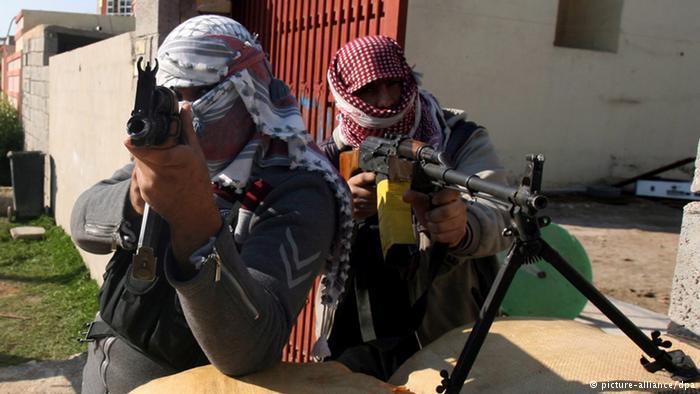
CREEPING SUNNI FIGHTERS

The price of Brent crude rose above the $105 mark on Thursday after reports that Islamist militants were creeping closer to the semi-autonomous Kurdish region's oilfields.
Two car bombs killed nine people in the Kurdish-held Iraqi oil city of Kirkuk after an offensive by Isis fighters that has put Kurdish forces under pressure. Iraq's largest dam in Mosul is also at the centre of fierce fighting between the two sides.
"Most oil production in the affected areas is already offline, but now questions are being raised about the safety of fields in the Kurdistan region, hence the sharp sell-off in shares of independent [companies] with large exposure to the region," said Richard Mallinson, geopolitical analyst at Energy Aspects. These companies include Genel Energy and Gulf Keystone Petroleum, which fell 10 per cent and 11 per cent respectively.
The fighting at the dam threatens water supplies to Baghdad and analysts are now concerned that if the Haditha Dam [to its southwest], which has been under attack for several weeks, is captured this could place significant pressure on the Iraqi capital.
ICE September Brent, the international benchmark, gained 68 cents to $105.27. Nymex September West Texas Intermediate rose 40 cents to $97.33.
The price of Brent crude has dropped more than $10 since mid-June despite geopolitical upheavals in the Middle East, north Africa and growing tensions between Russia and the west.
Brent, which spent three years in backwardation – industry jargon for a price structure when the price of a near-term contract is higher than the price for forward deliveries – is now in the opposite state, known as contango.
WTI, after six years in contango, has made the switch to backwardation.
"This situation represents a seismic shift in the relative valuation and attraction of the two crude oils to speculative volumes. In simple terms it means that at the front-month rollover Brent is replaced by more expensive and WTI by cheaper oil," David Hufton at PVM said this week.
Backwardation leads to easy profits for investors when contracts rollover each month and for the past few years has favoured Brent while proving to be a drag on WTI.
"The average monthly rollover gain on Brent over the three-year period has been 65 cents a barrel and the average rollover loss on WTI 3 cents a barrel," Mr Hufton added.
Brent's flip into contango reflects a glut of supply in the North Sea and the Atlantic Basin, caused in part by lower demand from European refineries, which have cut runs because of weaker margins and increased competition from US and Russia. At the same time the surge in US shale oil production has shut European crude, as well as barrels from west Africa, out of the North American market.
But Brent futures have remained firm further along the curve. Although production has been unaffected so far by continued violence in Iraq, renewed upheaval in Libya and the fresh sanctions slapped on Russia, investors are growing concerned about the outlook for oil supplies. This in turn, has helped support long-dated prices.
ft.com





